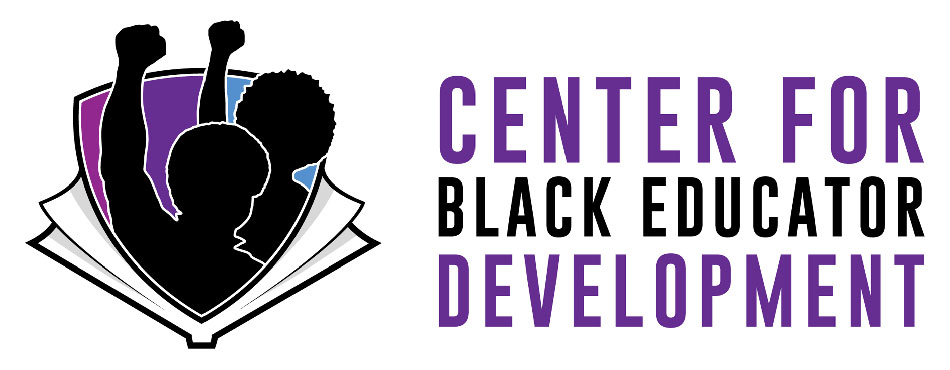Data shows that pairing a Black child with a Black teacher results in better grades, better test scores, higher attendance, a greater sense of belonging, and stronger communication between the teacher and a student’s family.
Yet, in Philadelphia, and in most urban areas of the country, there is a severe lack of Black teachers in classrooms, especially in schools where most of the students are Black. Over the last two decades, Philadelphia alone has lost 1,200 Black teachers. It’s been a complex and entrenched issue for centuries.
Sharif El-Mekki, a nationally recognized principal and U.S. Department of Education Principal Ambassador Fellow, believes there is a solution to this problem and he, with a determined group of colleagues, are on a pathway to fix it. Launched in June 2019, the Center for Black Educator Development is revolutionizing education by dramatically increasing the number of Black educators so that low-income Black and other disenfranchised students can reap the full benefits of a quality public education.
The Center is building the “Black Teacher Pipeline” (BTP) model, which focuses on recruiting, training, hiring and retaining Black educators to better reflect students’ racial and ethnic identities. It’s a potentially transformative model that seeks to uplift and counsel Black high school and college students to become teachers. The BTP is a 12-year pathway for aspiring teachers, from 9th grade through the fourth year of teaching. Students are mentored by Black coaches who support personal growth and confidence and build positive racial identity through communal racial healing practices. Starting in Philadelphia, The Center plans to implement the program in ten communities in the U.S over 12 years. Barra’s grant is helping to build out the model. The overarching goal is to close the achievement and opportunity gaps in Philadelphia and, when built to scale, across America.
